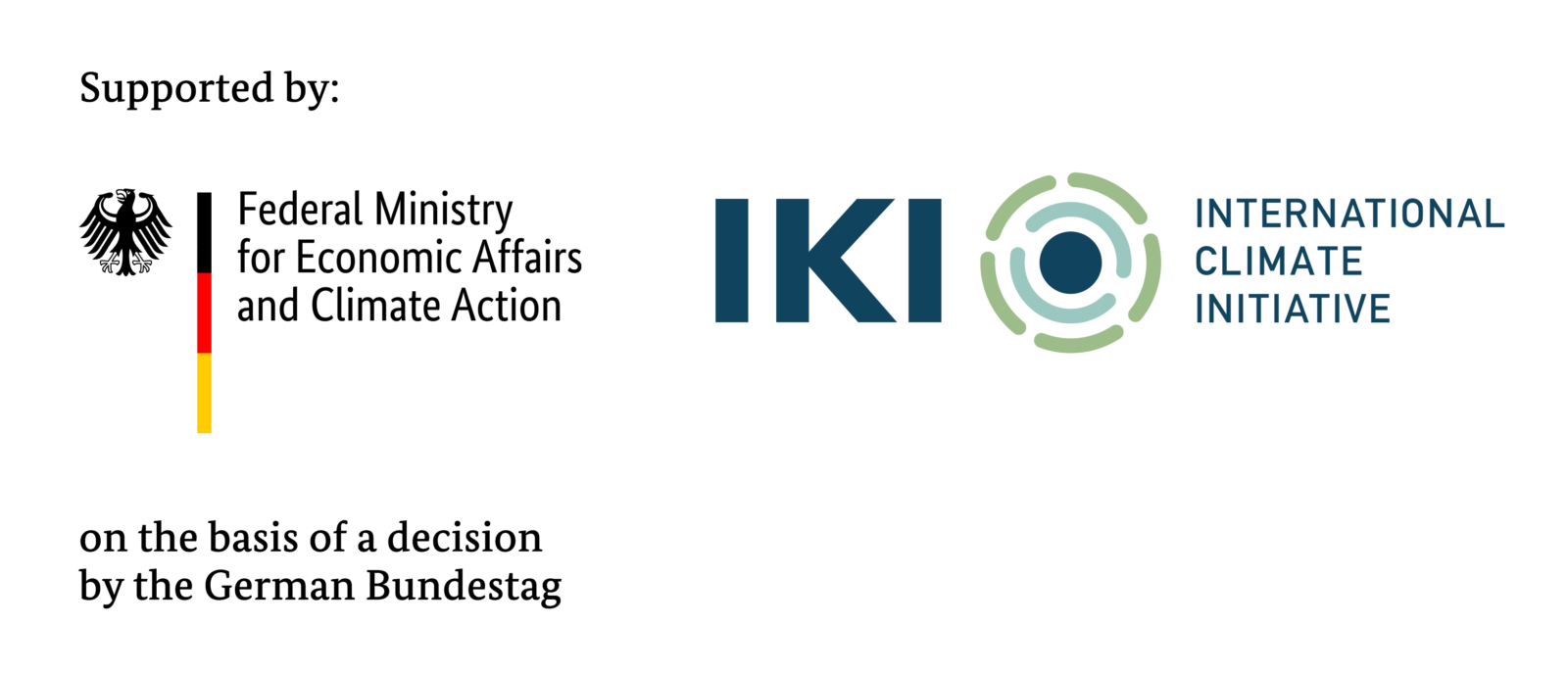Stella Schroeder, Academic Teacher and Coordinator of Urban Planning at the University of Piura, Phd candidate
Although, especially among young researchers, the “Gender Gap” in science has narrowed in recent years, men are still more present in international research. At MGI, we are proud to be working with many female experts. As a global scientific enterprise, the combination of various perspectives and experiences is vital for us and therefore we asked the women working within the project to share their thoughts and experiences.


Q.: Please tell us about your work. Which activities are you currently occupied with?
I am a lecturer on Urban Planning in the Department of Architecture at the University of Piura in Peru. Simultaneously, I am writing my PhD thesis at the University of Bío-Bío in Concepción, Peru. My research focuses on informally produced public spaces in the city. With a team from Chile and Peru, we have created a network that deals with the environment and the city in the desert region of both countries. In this collaboration we work on various topics related to public space, use and adaptation strategies in urban spaces in different cities and on the impact of different migratory flows on our cities.
I also work as the local coordinator of MGI in Piura and as the coordinator of the InnovativeSpaces-Region Piura project. Both projects are entering their second phase and both aim to implement a pilot project in the city of Piura.
In addition, I founded the urban planning collective FuturoPiura, a kind of open city laboratory. The idea is to work together with citizens, professionals and political activists on the future challenges of the city. In addition, we work with Tactical Urbanism and Placemaking strategies.
Q.: What does it mean for you to work as a woman in science?
First of all, it is no different for me than it is for men. In research, I deal with topics that interest me, provide me with new perspectives and with which I can further develop myself professionally and personally. Regarding my experiences, it should be mentioned that I have lived and worked in Peru for the past 5 years. Peru is a country characterized by machismo. Nevertheless, I cannot say that I have had any particularly negative or positive experiences, at least in my daily professional life, that could be associated with my gender. It is noticeable, however, that in exchanges with local institutions, the title, even more than the academic degree, plays a special role. Also, there are noticeably more men in higher positions, and making new contacts among men seems perhaps easier in this sense, as they are quicker to strike up conversations than women and men.
However, I do not see these differences in the university, more in the public institutions or also in the contact during research in the field.

